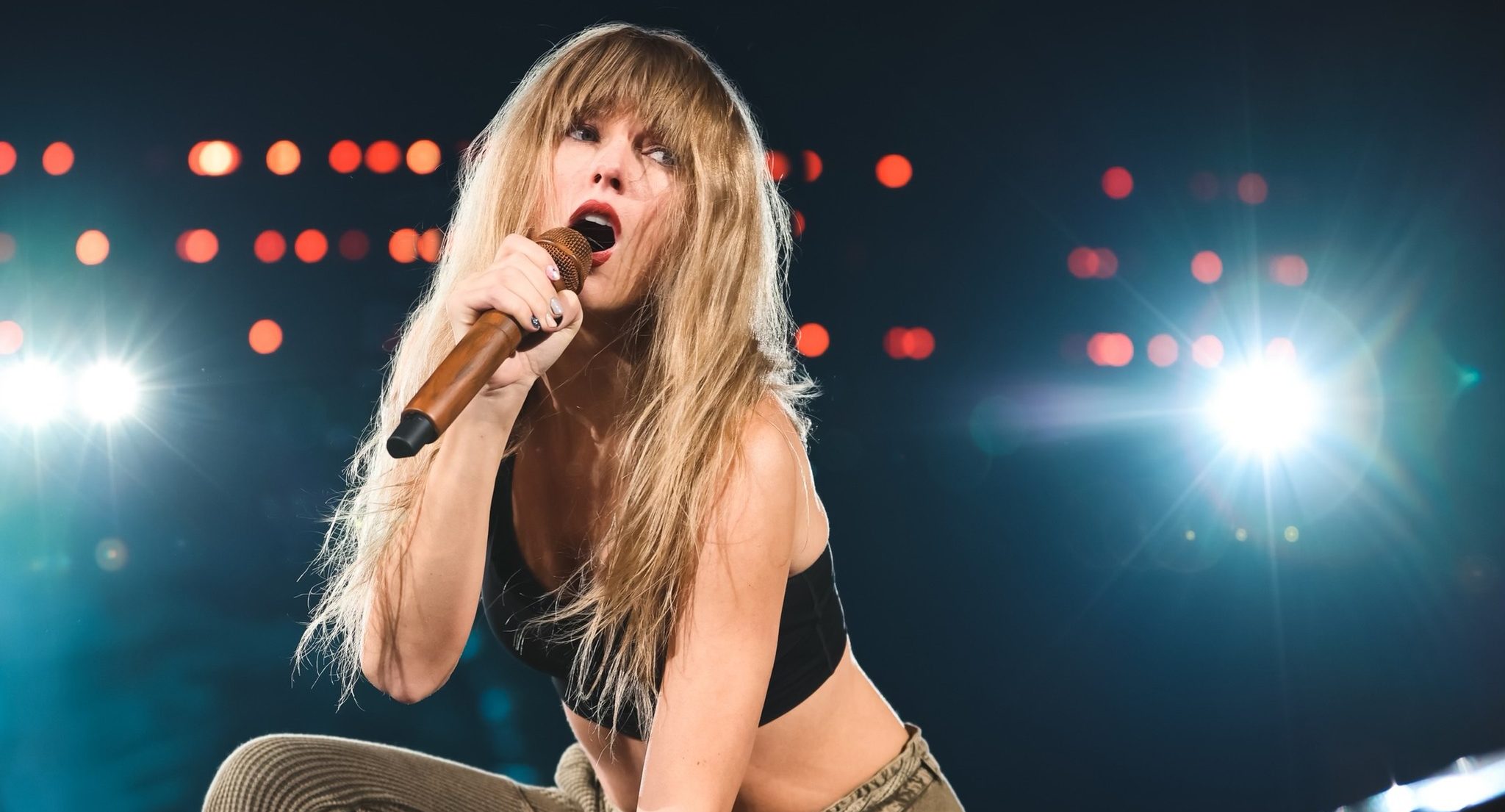Now, they want to study Taylor Swift. Not since the Beatles and Bob Dylan have any pop musicians made such an impact on Western and world culture. Not Michael Jackson or, I would say, Bruce Springsteen beyond his American, New Jersey, base.
The iconic Beatles have long been the subject of treatises on Western and world cultures, and charismatic Dylan has even received the Nobel Prize for Literature in 2016. But Swift, 33, the pop princess?
In the US, the Indiana University Arts and Humanities Council will hold a free but ticketed Taylor Swift conference from Nov 3 to 5 this year in Bloomington, Indiana, The Straits Times reported.
The on-site conference will welcome scholars, students, fans and community members. It will have “keynote talks, panels and workshops with national and global scholars”.
Then, in February 2024, seven universities in Australia and New Zealand will co-organise “Swiftposium 2024”, a three-day academic conference, online and on-site, on “the impact of international touring and large events, particularly Taylor Swift, on urban landscapes and the cultural identity of cities”.
In fact, Swift has been the subject of academic study and scholarly media research for some time. Various educational institutions offer courses on Swift in literary, cultural and sociopolitical research.
On pop music alone, Swift stands alone. In 2013, New York Magazine’s Jody Rosen dubbed Swift the “world’s biggest pop star” and said she has left all other artists like Beyonce, Rihanna and Lady Gaga “vying for second place”. CNN dubbed her an “all-time musical titan”. She was the most googled woman in 2019 and musician in 2022.
Swift’s “Eras” world tour is on track to be the highest-grossing concert tour of all time, at a projected US$1.4 billion, when it ends next year. Analysts estimate the tour will also have a total economic impact from tour-related spending of $5 billion on host cities, including Singapore, where she will record six shows.
So, what makes Swift so special?
I will summarise what the Harvard Gazette said of her.
She is a superb songwriter. The Gazette quoted Stephanie Burt, a poet, as saying: “She has a lot of different gifts as a songwriter, both at the macro level, how the song tells a story or presents an attitude, and at the micro level, how the vowels and consonants fit together, and she’s able to exercise that range, along with quite a lot of melodic gifts, and in a way that does not make her seem highbrow or alienate potential audience members.
“She’s able to create verbal hooks, ‘I’m only 17. I don’t know anything, but I know I miss you.’ They stick in your mind, and you spin stories out from them.”
She has a base of highly devoted fans who feel intensely connected to her and her music.
“A generation of Millennials and Gen Z worship her. With the Millennials, a lot of people grew up alongside her. When they were having some of these first experiences, maybe with relationships or entering adulthood, she was doing that at the same time and singing about that. Her life story mapped onto their life story in some way.
“For Gen Z, during the pandemic, there was a lot of TikTok content about her; she was putting out many albums, so a new generation discovered her, and they’re also having similar experiences. Overall, she’s been really important for identity development and growth for a lot of people.”
And finally, “the main beneficiaries in the private sector are people involved in tourism and the support network around the entertainment industry, so it is going to be hotels, restaurants, tourism agencies. It’s going to be anything to do with transportation hubs.”
Swift and Singapore are tailor-made for each other.
Tan Bah Bah, consulting editor of TheIndependent.Sg is a former senior leader writer with The Straits Times. He was also managing editor of a magazine publishing company

